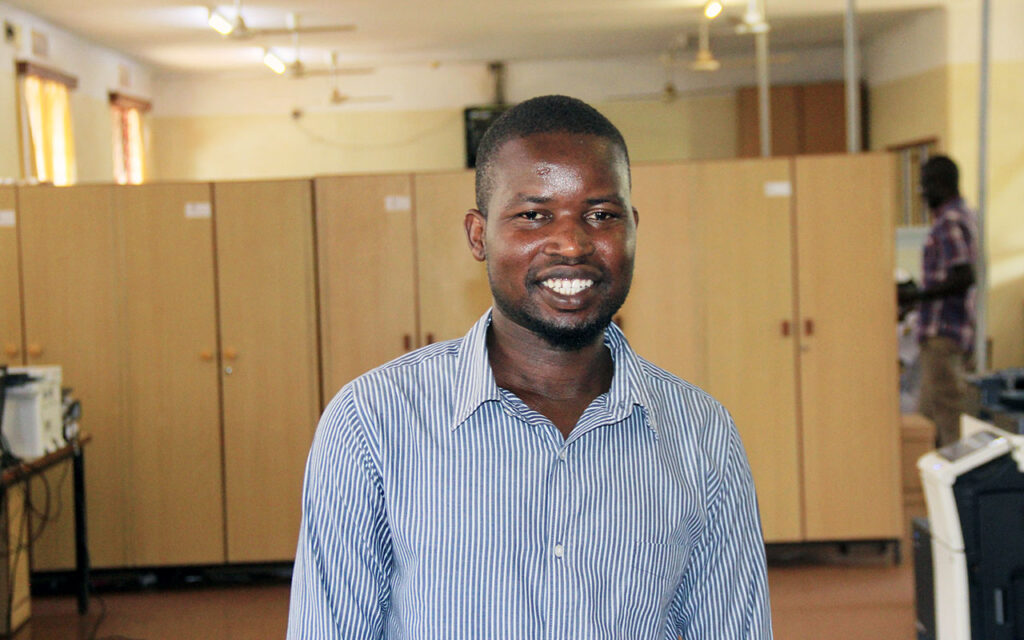Making it easier to “follow the money”
Do you receive payments from the drug companies? Have you ever been paid by a drug company to speak at or attend a conference, or to give professional advice at an advisory board?
For the year 2013, payments from the pharmaceutical industry to doctors, nurses and other healthcare professionals came to an estimated £38.5 million. This included consultancy services (£27.7m) and sponsorship to attend third party meetings (£10.8m).
Any such payments from the drug companies made in 2015 will be subject to public disclosure in 2016, and will be published on an online database so that members of the public, clinicians and journalists can find out who is being paid what by whom.
This means that from 1 January 2015, HCPs should keep records of all payments, however small, from pharmaceutical companies. For any payments you receive this year, you can expect to be approached by the drug company next spring asking for confirmation of the amount.
And moving forwards, if you routinely get sponsorship from an industry partner to attend HNA or any of the other major meetings, you will almost certainly be asked to sign a contract that will include a clause asking you to consent to your payments (which might even include the cost of a hotel room) being disclosed. (Indeed, some companies have already started asking for such consent.) Of course you can decline (and no doubt many will, fearing that it may affect their tax codes), but you may find future sponsorship harder to get. The companies will then aggregate those sums and present the data without attribution.

The moves are all part of an attempt by the Association of the British Pharmaceutical Industry (ABPI) to ensure greater transparency regarding the relationship of the industry to the medical profession.
As a registered charity, Haemnet has to submit annual accounts detailing details of its income and expenditure. Aside from research grant funding and some charitable donations, most of our income has come from industry sponsorship of the HNA annual meeting. Once our accounts are finished and submitted, these will be made available on the website.
On the home page of The Journal of Haemophilia Practice, we now have a banner listing the companies that are supporting the development of the journal through charitable donations. In addition, we occasionally carry articles that have been “sponsored” by the industry. These supporters get no special favours when it comes to publishing articles – all our articles are reviewed by members of the editorial board, who will decide whether an article should be published or not, irrespective of its provenance.
Transparency can only be a good thing if it enhances the level of confidence and comfort that patients have about the relationships between the wider health care sector and the pharmaceutical industry.
But the key message is to keep records and don’t accept anything you don’t think you can justify to a “difficult” journalist from your local newspaper!


